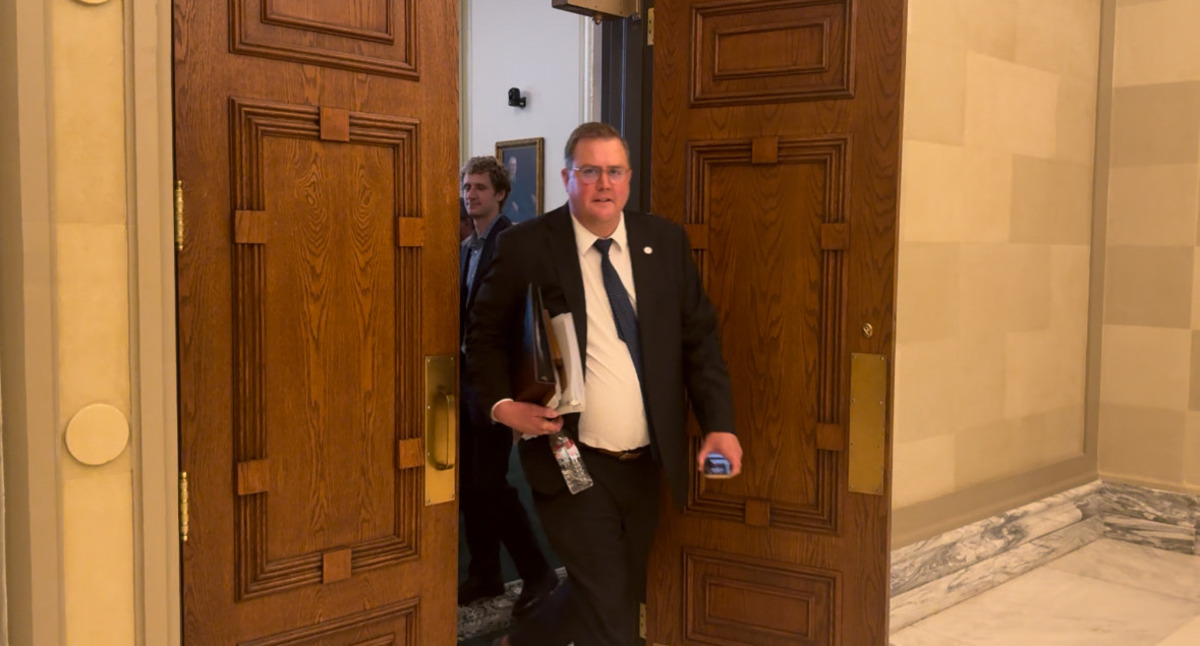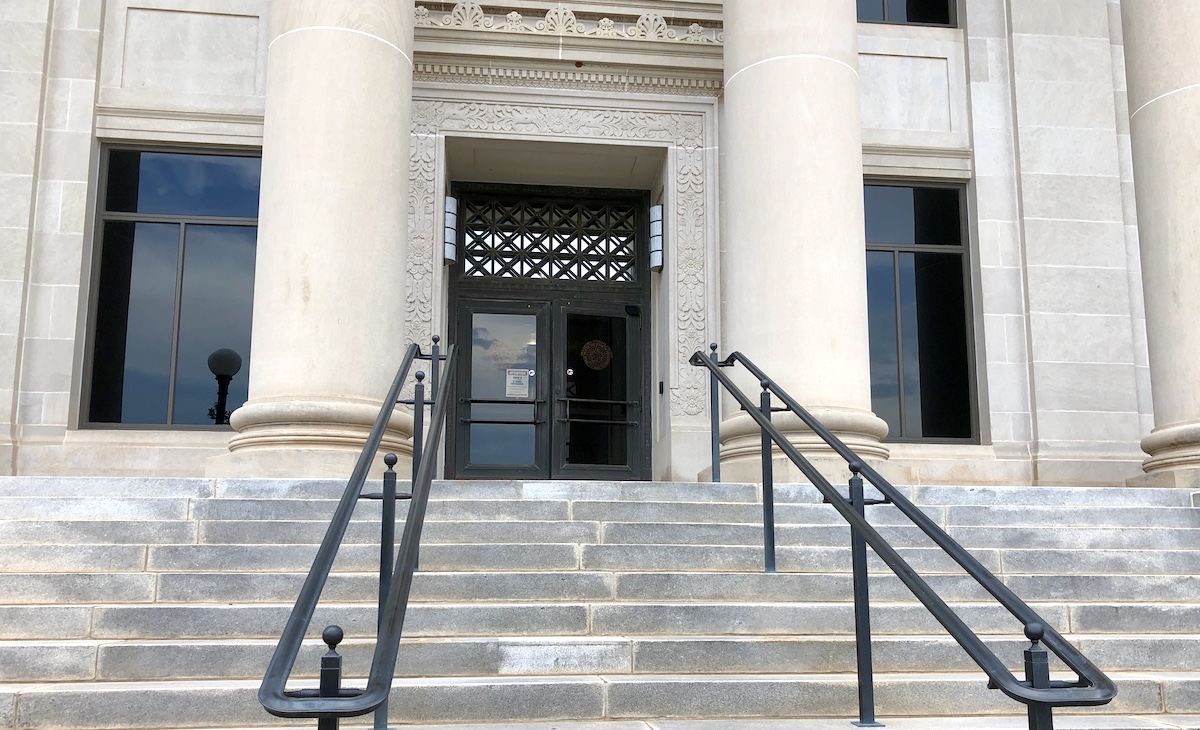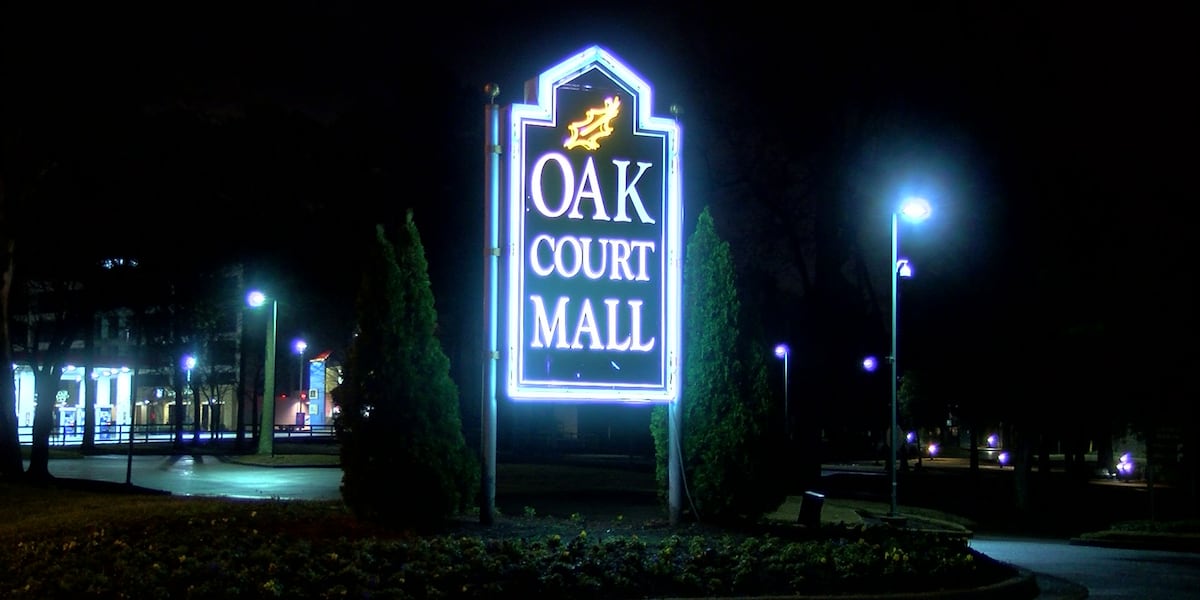


In a five-justice majority opinion released Tuesday afternoon, the Oklahoma Supreme Court ruled that “several aspects of Senate Bill 632 violate the Oklahoma Constitution,” a decision that derails efforts to establish the so-called “business courts” that Gov. Kevin Stitt had convinced state lawmakers to approve during budget negotiations in the 2024 regular session.
“Non-offending sections are not capable of being severed and executed in accordance with the legislative intent,” Justice Noma Gurich wrote in the majority opinion. “We therefore conclude Senate Bill 632 is unconstitutional, void in its entirety, and lacking legal enforceability.”
Gurich was joined in her opinion by Justices James Winchester, James Edmondson, Douglas Combs and Richard Darby. The five justices — and to a great extent Chief Justice Dustin Rowe in a separate opinion — found that the business courts would constitute a “division” of district courts, which are required to feature judicial elections by the state constitution.
Because SB 632 proposed the governor appointing business court judges from among candidates put forth by the House of Representatives and confirmed by the State Senate, the majority of the court found that it would violate Article 7, Section 9 of the Oklahoma Constitution, which states that “district judges and associate district judges shall be elected by the voters of the several respective districts or counties at a non-partisan election in the manner provided by statute.”
In July, the court stayed SB 632’s implementation after oral arguments, where Ben Lepak, Stitt’s general counsel, argued that the business courts outlined in the bill would be “adjudicative bodies” more akin to state boards and commissions.
Bob Burke, who represented plaintiffs and attorneys Joe White and Jason Waddell, claimed during oral arguments that the bill was an “attack” on the state judiciary and its authority to create additional courts when needed. Burke also argued it violated Oklahomans’ right to elect district judges as outlined in Article 7, Section 9.
In the majority opinion, Gurich agreed with Burke’s assessment:
“If SB 632 was truly aiming to create a new court separate from the district courts, it has exceeded the boundaries of the Oklahoma Constitution,” Gurich wrote. “Absent a constitutional amendment, judicial power is vested only in the following eight courts: ‘Supreme Court, the Court of Criminal Appeals, the Court on the Judiciary, the State Industrial Court, the Court of Bank Review, the Court of Tax Review,’ ‘such intermediate appellate courts as may be provided by statute’, and ‘District Courts.’ A business court is not one of the existing, enumerated courts with judicial power. And the Legislature cannot create or vest judicial power in a new court.”
In a statement Tuesday evening, Burke said he believed SB 632 was unconstitutional “from the moment the Legislature passed the bill.”
“And, I never thought we needed a separate business court,” Burke said. “Our regular district judges have been deciding the most complex business disputes for generations. They are fully capable of timely dealing with disputes in their home counties rather than having lawsuits decided by special business courts only in Oklahoma City and Tulsa.”
Kuehn: Supreme Court should avoid ’emotionally driven’ requests


Rowe authored a concurring-in-part, dissenting-in-part opinion of his own. While he largely agreed with the majority that district judges in Oklahoma must be elected as stipulated by the state constitution, he agreed with Justice Travis Jett’s dissenting stance that the challenge to SB 632 should have started at the district court level instead of the Supreme Court assuming original jurisdiction as the plaintiffs had requested. Rowe wrote that “not every matter of concurrent jurisdiction warrants our immediate review,” a position Jett expounded upon in his own writing.
“The benefit of allowing cases to begin in the district court is that they are trial courts. District courts are well-suited to take evidence and conduct hearings. We are not,” Jett wrote in his dissenting opinion. “This court’s primary constitutional duty is to function as an appellate court. While there may be rare cases that prevail upon us to enter declaratory judgment in our concurrent original jurisdiction, this is not one of them.”
While he may have agreed with Jett’s sentiment on what cases their court should hear, Rowe noted that he felt the business courts case was an instance in which it was appropriate for the Oklahoma Supreme Court to rule without initial action in a district court.
“SB 632 was set to go into effect Sept. 1, 2025. According to the bill, the two business court judges were to begin their term Sept. 1, 2025, and begin hearing cases Jan. 1, 2026,” Rowe wrote. “To allow the challenges raised herein to percolate through the court system would — over several months or even years — undoubtedly result in two individuals resigning from their current professional positions to assume judicial roles that would ultimately be declared unconstitutional.”
Alongside Jett, Vice Chief Justice Dana Kuehn’s dissenting opinion echoed the belief that the Oklahoma Supreme Court should not have taken up the case at such an early stage before lower courts had ruled on the matter. In Kuehn’s view, the plaintiffs in the case had not even thoroughly established that they had standing — a finding that they had sustained actual, personal harm by the matter at hand.
“This case arrives not after the development of a factual record — no discovery, pleadings, motion practice, or evidentiary hearings — but solely based on an attached piece of legislation,” Kuehn wrote. “It comes to us not through the careful development of a legal record, but as an emotionally driven request unsupported by factual context.”
The majority, however, found that White and Waddell did have standing as registered voters with the right to elect district court judges and that “there is a need for an early determination of the constitutionality of S.B. 632 before public funds are expended on and cases are filed with business court divisions.”
The justices who joined the majority opinion also noted a flaw with the needle Stitt’s team had tried to thread during oral arguments.
“The governor contends that the business court judge appointment and reappointment processes do not violate Article 7, Section 9 because he insists business court judges are not district judges,” the majority opinion stated. “We find the governor’s arguments internally inconsistent. On one hand, he asserts that business court judges are not district court judges because the business court is not part of the district court. On the other, he states that the business courts will be ‘division[s] within’ the existing courts of two judicial districts’ and ‘divisions within the district court system.’ Either way, SB 632 is unconstitutional.”
As announced Tuesday, the Supreme Court’s decision on SB 632 does not designate the position of Justice M. John Kane IV, who dissented against the court assuming original jurisdiction to review the matter in July.











